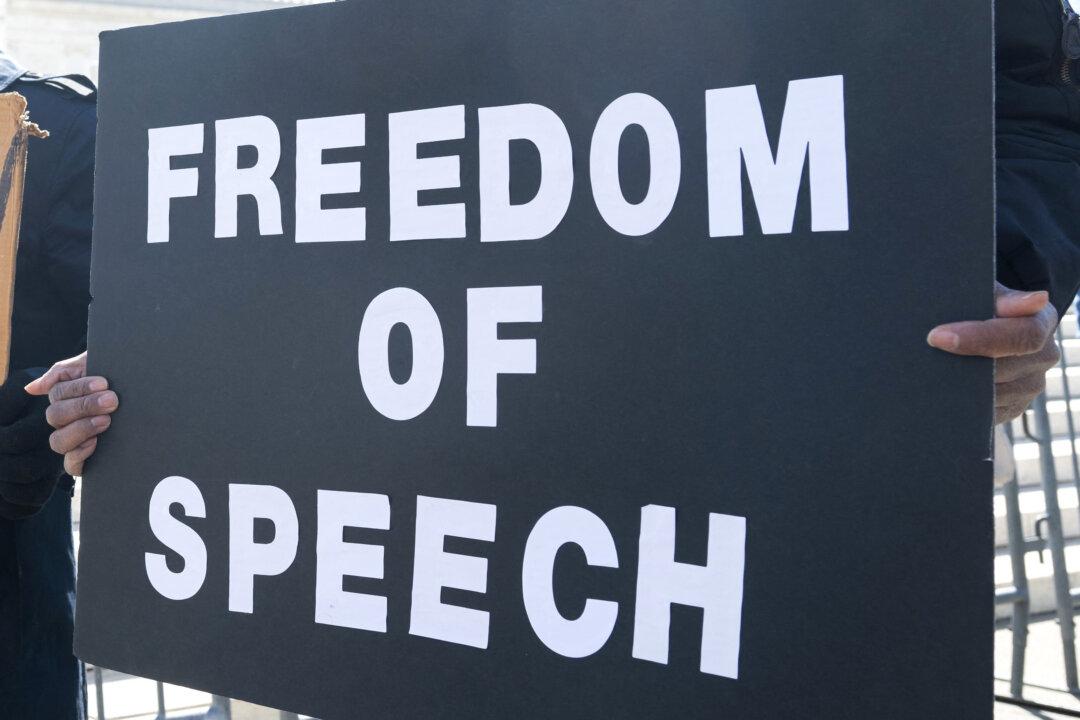The Australian government’s Misinformation Bill has drawn criticism from U.S. tech billionaire Elon Musk, as well as the federal opposition.
The Communications Legislation Amendment (Combatting Misinformation and Disinformation) Bill 2024 was introduced to Australia’s Parliament on Sept. 12.





